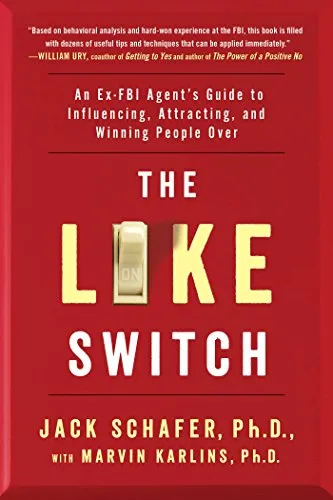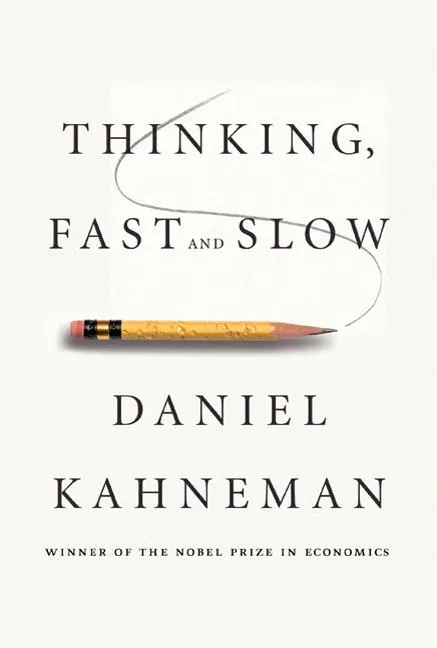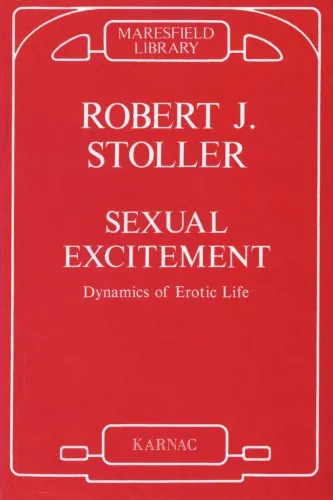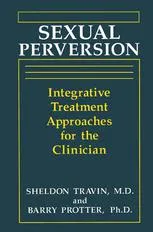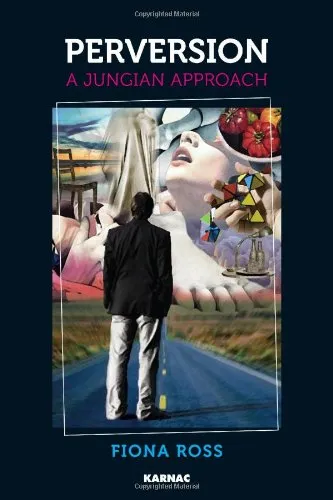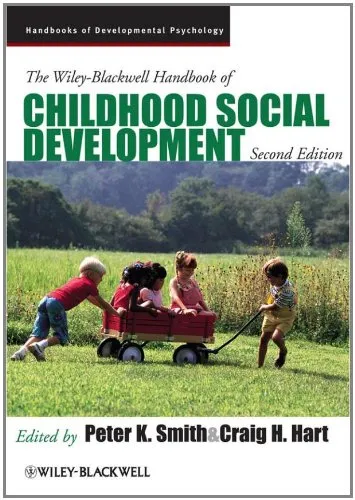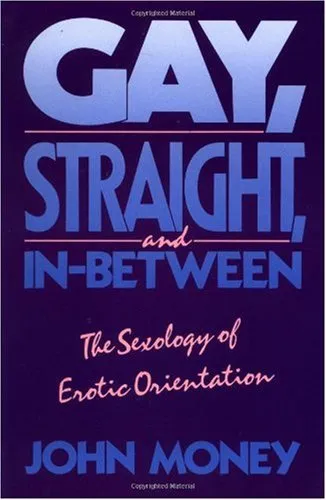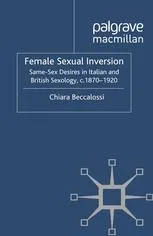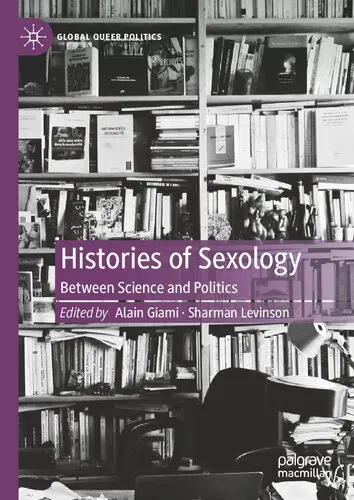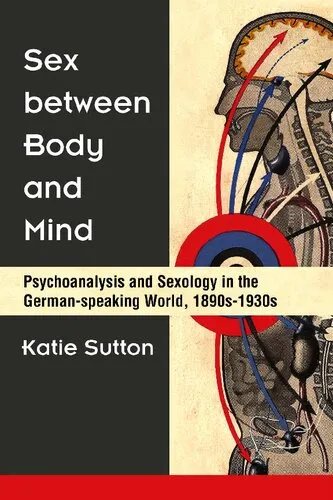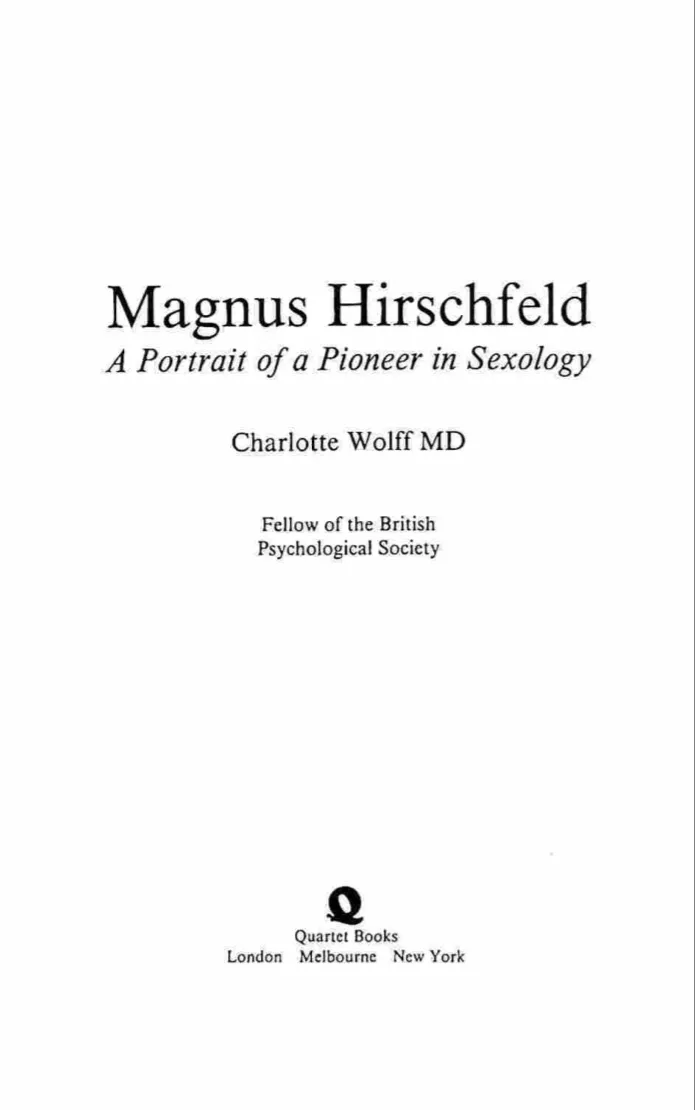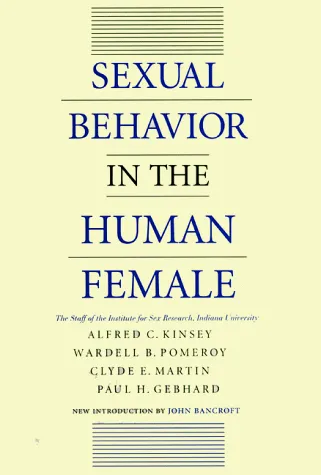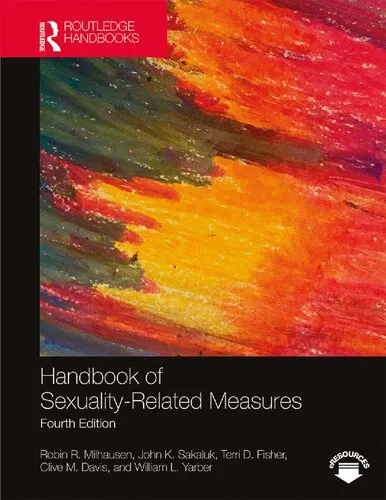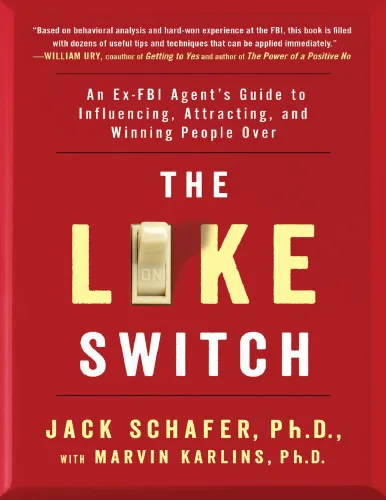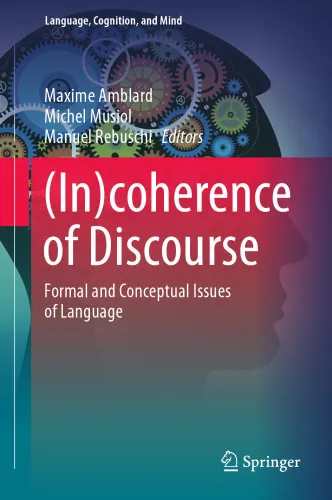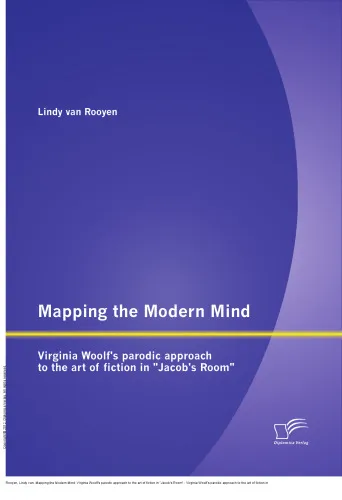Sciences of Modernism: Ethnography, Sexology, and Psychology
4.2
Reviews from our users

You Can Ask your questions from this book's AI after Login
Each download or ask from book AI costs 2 points. To earn more free points, please visit the Points Guide Page and complete some valuable actions.Related Refrences:
Introduction to "Sciences of Modernism: Ethnography, Sexology, and Psychology"
"Sciences of Modernism: Ethnography, Sexology, and Psychology" by Paul Peppis is a groundbreaking exploration of the intersecting fields of modernist literature and the emerging sciences of the late 19th and early 20th centuries. In this book, Peppis unpacks how disciplines like ethnography, sexology, and psychology not only informed the works of prominent modernist writers but also shaped the trajectory of modernist aesthetics and sensibilities. Broadly categorized as a critical analysis, this text bridges the domains of literary studies and the history of science, offering readers a multidimensional perspective on the intellectual forces that influenced the modernist movement.
With meticulous research and sharp analysis, Peppis delves into the scientific discourses of the time and their resonance in the works of key figures in the modernist movement. He highlights the reciprocal relationship between these discourses and literature, showcasing how writers grappled with and contributed to the radical shifts in understanding human identity, culture, and sexuality. This book is essential for scholars of modernism, cultural studies, and anyone intrigued by the confluence of art and science during a transformative period in history.
Detailed Summary
The book is divided into three core sections, each dedicated to a specific scientific discipline—ethnography, sexology, and psychology—and their interaction with modernist literature.
In the ethnography section, Peppis analyzes how modernist writers incorporated anthropological studies into their narratives. He examines how ethnographic methods and theories questioned Western notions of cultural superiority, influencing the themes of alienation and otherness commonly found in modernist works. Writers such as Ezra Pound and T.S. Eliot drew upon ethnographic materials to critique Western culture and explore the diversity of human experiences.
The sexology section probes into the impact of emerging studies on sexuality and gender. Peppis demonstrates how sexology's challenge to traditional moral codes profoundly shaped modernist portrayals of identity and relationships. Figures like D.H. Lawrence are pivotal in this discussion, as their works reflect a deep engagement with the scientific exploration of sexual behaviors and instincts.
Finally, in the psychology section, Peppis discusses the influence of Freudian and Jungian theories on modernist narrative techniques, particularly the focus on the subconscious mind and fragmented identities. Virginia Woolf and James Joyce emerge as significant examples here, with their innovative approaches to exploring inner consciousness and re-evaluating the boundaries of selfhood and reality.
Through its comprehensive exploration of these three disciplines, "Sciences of Modernism" reveals the interdependence of scientific inquiry and literary modernism, underscoring the mutual influence of cultural and intellectual movements.
Key Takeaways
- Modernist literature is deeply intertwined with the scientific discourses of its time, particularly ethnography, sexology, and psychology.
- The scientific challenges to traditional beliefs about culture, sexuality, and identity directly influenced modernist themes and aesthetics.
- Writers not only adopted scientific theories but also critiqued and reshaped them through the lens of fiction.
- Understanding the dialogue between science and literature provides richer insights into the complexities of modernist texts.
- The radical rethinking of human experience and consciousness during the modernist era remains relevant in contemporary discussions of culture and identity.
Famous Quotes
"Modernist writers did not merely borrow from science; they labored to transform it, aligning its findings with their own artistic and intellectual agendas."
"The modernist engagement with sexology was not just a mirror to a changing society; it was an active component in reshaping the discourse of sexuality itself."
"Ethnography offered modernist writers a lens to reimagine culture—not as a static construct, but as a dynamic interplay of histories, practices, and identities."
Why This Book Matters
"Sciences of Modernism" occupies a unique place in the field of modernist studies, providing a nuanced lens through which to analyze the relationship between literature and science. By focusing on ethnography, sexology, and psychology, the book addresses three pivotal disciplines that reshaped understandings of humanity during the modernist era.
The book is not only an invaluable resource for students and scholars in modernist and literary studies but also offers interdisciplinary insights for those interested in the history of science, cultural theory, and social criticism. It highlights the dynamic reciprocity between scientific innovation and artistic experimentation, illustrating the ways knowledge production in one domain enriched and complicated ideas in another.
In our contemporary age, where the intersections of art, science, and culture are again under intense scrutiny, "Sciences of Modernism" serves as both a foundational text and a source of inspiration, reminding us of the transformative power of intellectual dialogue across disciplines.
Free Direct Download
You Can Download this book after Login
Accessing books through legal platforms and public libraries not only supports the rights of authors and publishers but also contributes to the sustainability of reading culture. Before downloading, please take a moment to consider these options.
Find this book on other platforms:
WorldCat helps you find books in libraries worldwide.
See ratings, reviews, and discussions on Goodreads.
Find and buy rare or used books on AbeBooks.
1423
بازدید4.2
امتیاز0
نظر98%
رضایتReviews:
4.2
Based on 0 users review
Questions & Answers
Ask questions about this book or help others by answering
No questions yet. Be the first to ask!




